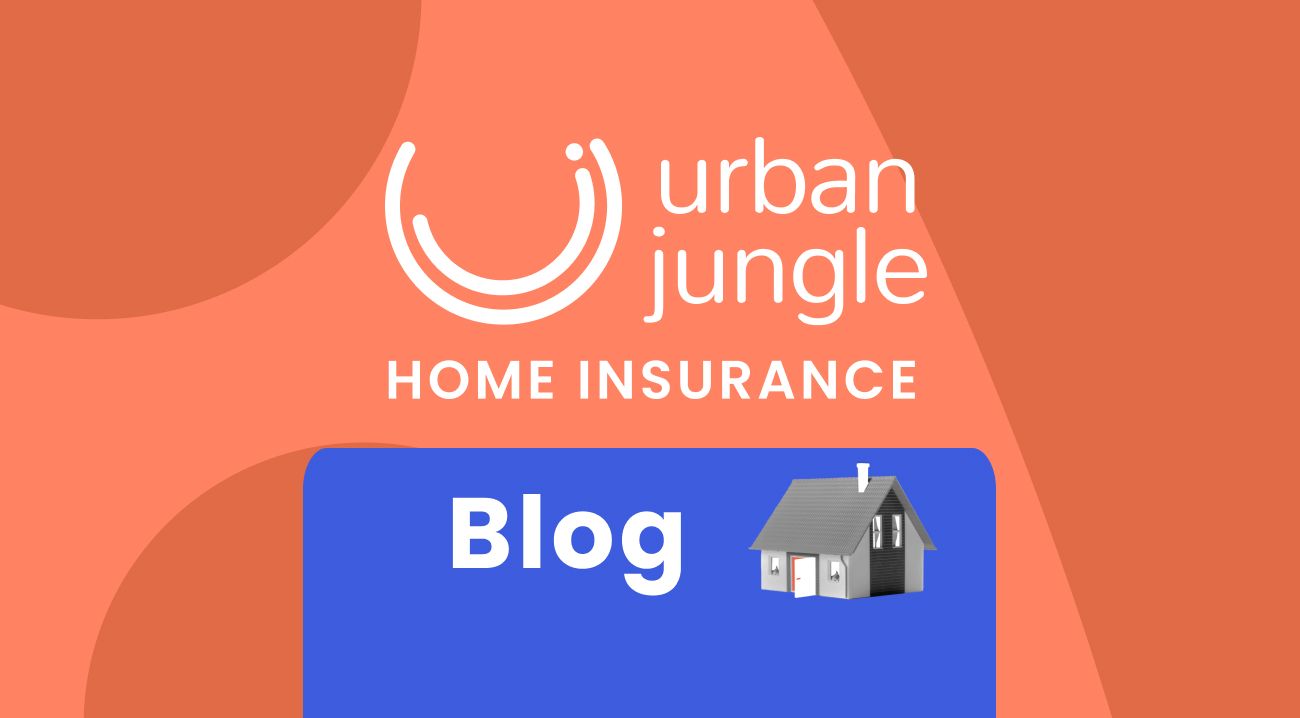Buying the freehold of your house can offer more control. But is it worth it?
This decision involves several factors, and each homeowner’s situation is different. Understanding what freehold ownership means is crucial. It gives you complete ownership of your property and the land it sits on. No ground rent or lease restrictions. But, it comes with responsibilities and costs.
Many leaseholders consider buying the freehold to gain freedom and peace of mind. Yet, it involves legal processes and financial commitments. You must weigh the pros and cons carefully. This blog will explore the benefits, challenges, and financial aspects. It aims to help you decide if buying the freehold is the right choice for you.
Freehold Vs Leasehold
Buying the freehold of a house means owning the land, offering more control and stability. Leasehold ownership can involve restrictions and fees, possibly leading to uncertainty. Consider the long-term benefits of freehold versus the potential limitations of leasehold before making a decision.
Key Differences
Freehold means you own the house and the land. You have full control. Leasehold means you own the house but not the land. The land is owned by someone else. You have to pay rent for using the land. Freehold is forever. Leasehold lasts for a set number of years. Leasehold can be 99 or 125 years. Sometimes even longer.
Pros And Cons
Freehold gives you more freedom. No landlord to answer to. You can make changes to your home. But it’s often more expensive. You have to pay more upfront.
Leasehold can be cheaper at first. You might save money when buying. But there are yearly fees. You might need permission for changes. It’s less flexible than freehold. Also, leases can run out. You might lose the property.
Benefits Of Owning Freehold
Owning the freehold gives full control over your property. You can make changes without asking anyone. Paint walls. Add a new room. Plant a garden. No one can stop you. You decide how to use your land. Renting limits choices. Freehold ownership offers freedom. No leaseholder rules to follow. Total power over your home.
Freehold properties are a great investment. They often increase in value over time. Property value grows. You can sell for more money later. No paying ground rent or service charges. More savings. Owning freehold means better financial security. Your home becomes an asset. Future benefits are likely with freehold ownership.
Financial Implications
Buying the freehold might cost a lot. Initial costs include legal fees and surveys. These can add up quickly. It’s important to plan a budget. Some people might not have enough savings. Compare this cost with the benefits. Long-term savings could balance the initial expense. Consider if the price is worth the freedom. Think about the monthly savings without lease payments. This can be a big help in the future.
House values can go up over time. Owning the freehold might make your house more valuable. It could be a good investment. Buyers often like freehold properties more. This can increase your home’s sale price. Future buyers may pay more for this benefit. Freehold ownership can make your house a better choice. It can also give you more control over changes. This can add to the property’s appeal and worth.

Legal Aspects
Owning a freehold gives more control over your property. You can make changes without asking anyone. But, there are responsibilities. You must take care of the building and land. If you ignore these duties, problems may arise. It’s important to understand these rights and responsibilities. They affect your ownership and freedom.
Rights And Responsibilities
Rights include full ownership of the land. You can build or modify things. Responsibilities involve maintenance and repairs. You must keep the property safe. You also need to follow local laws. If you fail, there can be penalties. Knowing these helps you make smart choices.
Transfer Process
| Step | Description |
|---|---|
| 1 | Contact a solicitor. They assist with legal parts. |
| 2 | Negotiate the price. Agree with the current owner. |
| 3 | Sign documents. These transfer ownership to you. |
| 4 | Complete payment. You become the new freeholder. |
Impact On Property Value
Buying the freehold can affect your home’s value. Property values may rise over time. Freehold homes often have more appeal. People like having full control of their homes. This can make them willing to pay more. Recent trends show interest in freehold properties. More buyers prefer these homes over leasehold ones.
Leasehold homes have some limits. Owners might face rules from landlords. This can be a problem for some buyers. Freehold homes do not have these limits. They offer more freedom and control. This makes them more attractive to many. Freehold ownership can increase a home’s market value. It offers long-term benefits compared to leasehold.

Personal Circumstances
Owning a home freehold can offer more freedom. You can make changes without asking anyone. This is good for people who love to renovate. No landlord rules mean you can paint walls and change floors. Also, it can feel more secure. Your home is truly yours. This might suit families who want stability. But think about costs. Buying a freehold can be expensive. Are you ready for extra bills? It’s important to weigh these lifestyle factors carefully.
Think about how long you want to stay in your house. If you plan to move soon, buying the freehold might not be wise. Selling a freehold can be easier, though. Buyers like homes with no lease. Do you want to pass your home to kids? A freehold can be a good gift. It stays in the family. This could affect your decision. Future plans can greatly impact if buying is worth it.
Expert Opinions
Real estate advisors help people with property choices. Buying a freehold means owning land and building. This gives more control over the property. No landlord rules to follow. But, buying can be expensive. Some advisors say it’s a wise investment. Others suggest considering financial situation first. Some people prefer leasehold properties. These can be cheaper upfront. Each option has pros and cons.
Financial consultants talk about money matters. Buying a freehold can mean more expenses. There might be hidden costs. Taxes and fees can add up. Consultants suggest checking budget carefully. Freehold might be a good choice for future plans. It’s smart to save money for unexpected costs. Some consultants recommend keeping financial flexibility. This helps with other needs or emergencies.

Making The Decision
Buying the freehold means owning your land. Many people like this idea. It offers more control. No more lease payments. Some say it can raise house value. Others find it costly. The decision needs careful thought.
Pros include owning the land. You might save money. No lease payments. Some people feel more secure. Cons include high costs. Legal fees can be high. You must manage the property yourself. Some find this hard.
Think carefully. Weigh the pros and cons. Consider your budget. Speak to experts if unsure. Make the choice that suits you.
Frequently Asked Questions
What Are The Disadvantages Of Buying A Freehold?
Buying a freehold can involve higher upfront costs and more complex legal processes. Maintenance responsibilities fall entirely on the owner. Selling can be slower due to fewer buyers. Property taxes might be higher. Legal fees can be expensive during purchase.
Ownership disputes can arise without clear boundaries.
Does Owning The Freehold Add Value?
Owning the freehold can increase property value by providing full ownership rights. It eliminates ground rent and lease renewal concerns. Buyers often prefer freehold properties due to greater control and long-term investment security. This preference can lead to higher demand and potentially higher resale value.
Is Freehold Property A Good Investment?
Freehold property is often a good investment. It offers ownership security and potential value appreciation. Owners have more control over the property, making it attractive for long-term growth. Additionally, it can provide rental income. Always research the local market before investing to ensure profitability.
What Happens When You Buy The Freehold?
Buying the freehold gives you ownership of both the property and the land it stands on. This eliminates ground rent and lease restrictions. You gain full control over maintenance and modifications. Property value may increase, and you won’t face lease renewal issues.
Conclusion
Deciding to buy your house’s freehold is a big step. Consider your needs and future plans. Owning the freehold gives more control over your property. There are costs involved, so budget wisely. Weigh the benefits and potential hassles. Talk to a legal expert for advice.
They can guide you through the process. Make sure you understand the implications. This decision can impact your financial future. Take your time to decide what’s best. Remember, owning freehold can offer long-term security. It’s important to make an informed choice.
